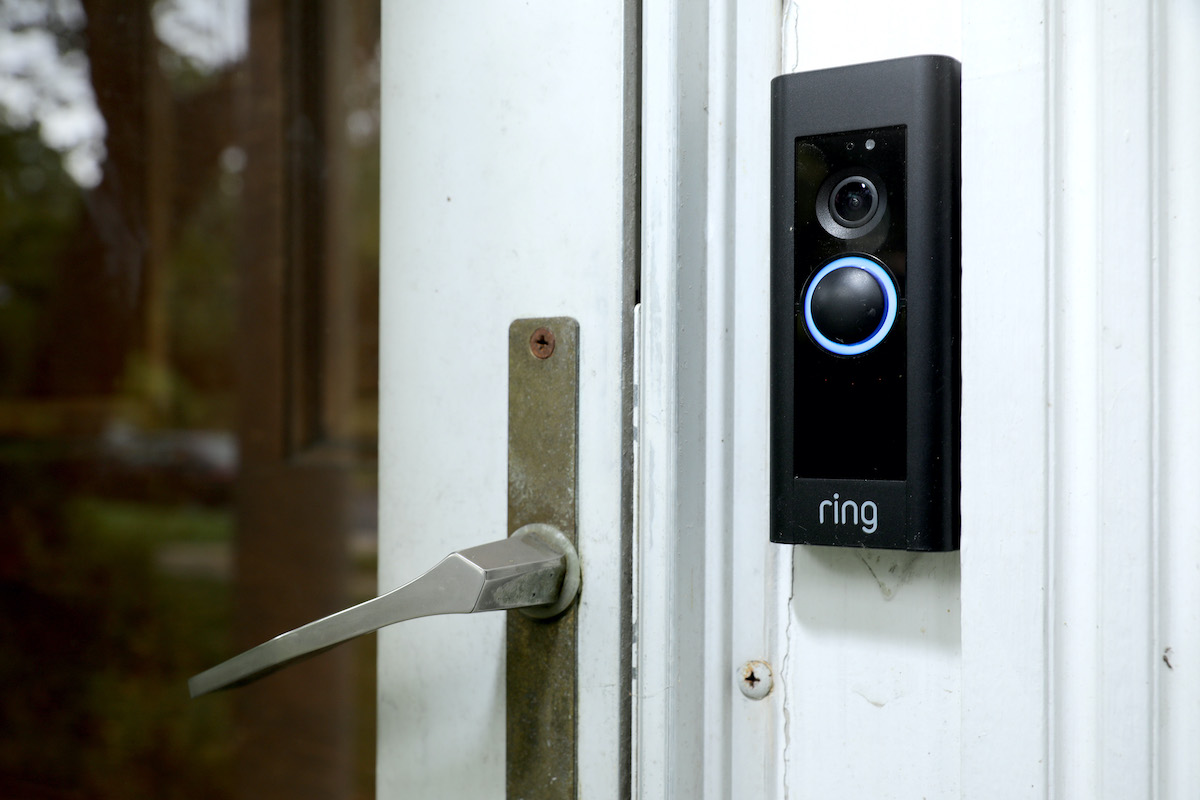“You have thirty seconds to get off my porch,” the woman said to my friend and me. We turned and looked at each other. I think I may even have chuckled. The woman at the door was petite. The stickers on the car in her driveway struck us as punk rock and avant-garde, so we assumed she would be amenable to our canvassing pitch for a progressive candidate. We were wrong. I watched the woman reach towards her pocket. A dog appeared beside her. We didn’t need thirty seconds. We hurried away much quicker than that.
This canvassing memory stands out in my mind because it was the only time in many years of knocking on doors for political candidates and causes that I was ever threatened. The prospect of talking to strangers can make some perspective canvassers uneasy, but a strong ground campaign that includes door-knocking is essential to elections. In-person engagement is important and can be done safely. It’s necessary to keep this in mind when we hear stories like the killing of Ted Lawson, a seasoned political canvasser in Lansing, Michigan.
Lansing was a committed activist who was shot to death while out knocking on doors for a local government candidate for office. The 63-year-old was canvassing close to his own neighborhood. He was allegedly gunned down by a 15-year-old who asked him for a dollar. Locals in that neighborhood remembered him as a kind person who took his position as Democratic party representative seriously and was committed to talking with voters. In addition to being a leader in his union, he was dedicated to the cause of gun control.
The alleged shooter, 15-year-old Lamar Kemp, has stated that the attack had nothing to do with politics. The senselessness of the killing is reminiscent of the 2012 Colorado movie theater shooting that killed 12 and injured dozens. Both incidents illustrate the problem of guns in our country, how readily available they are, and how easily they seem to end up in the hands of criminals or mentally unstable people. In 2020, there were an estimated 443.9 million guns in the hands of U.S. civilians. In this country, we’ve seen shootings in schools, in churches, in places of recreation. We still outpace the entire rest of the world in gun ownership, with 120.5 guns per 100 civilians. What do we need all these guns for? Political pundits have no shortage of excuses, but the death of Ted Lawson, like the death of so many others killed by senseless gun violence, illustrates the cost we pay by refusing to get on board with the rest of the world and properly restrict gun access.
What we should not take away from Ted Lawson’s death is the notion that political canvassing is an inherently dangerous activity. The continued mass shootings illustrate that often just being in public is dangerous in gun-saturated America. To curb that, we need more voter engagement, not less.
Studies have linked in-person voter outreach to increased voter turnout. There are plenty of ways to make canvassing safe, such as going in pairs, avoiding confrontation, and not going into people’s homes.
An underexposed problem in canvassing is not the danger of knocking on doors but the continued issue of “canvassing deserts” such as urban or suburban apartment buildings or hard-to-access rural areas. These individuals are at risk of being left out of important conversations about the future of their democracy.
In-person voter contact brings a name and a face to a campaign. These kinds of personalizing and humanizing efforts are much needed in U.S. politics. The true foils to door knocking are the tactics we have all become too accustomed to—direct mail and television, radio, and social media ad buys. These ads typically serve as sound bites that preach to the choir. Evidence suggests these ads are fueling the increasing partisan divide in our nation. What’s more, some research suggests that being constantly bombarded with ads, so many of which are negative, prompts voters to recoil and tune out.
Over the years, I’ve knocked on many doors in communities that were written off and discounted for one reason or another, usually for reasons of race or class or both. This is a self-fulfilling prophecy: we don’t reach out to voters because they are infrequent voters and as a result, they remain disconnected and continue to not vote. In my experiences of canvassing in “dangerous” places, the voters I talked to were grateful that someone showed up to have a conversation about the issues with them. In those places, I’ve frequently been told, “No one ever knocked on my door before!”
The tragic death of Ted Lawson should be honored with a commitment to real gun sense in this nation. Canvassing can be done safely and is essential to our democracy. A GoFundMe for the Lawson family can be found HERE.
(featured image: Chip Somodevilla/Getty Images)









Published: Oct 15, 2023 07:54 pm